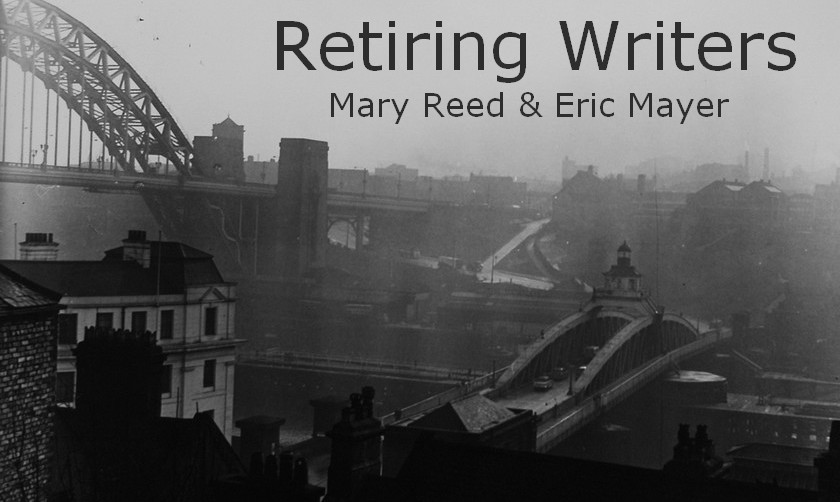It is not long before he meets fellow guest county cricketer Harold Taverley, who fills Foss in about the other guests, including those who haven't yet arrived. Besides Nadine there's artist Leicester Pratt, sausage king Mr Rowe, his wife, and daughter Ruth, Liberal MP Sir James Earnshaw, writer Edyth Fermoy-Jones (concerning whom Taverley observes she would "die happy if she goes down in history as the female Edgar Wallace"), actress Zena Wilding, and waspish gossip columnist Lionel Bultin. There's also a somewhat mysterious couple named Chaters, about whom Taverley knows nothing.
Once assembled for the weekend there would have been twelve guests but as Foss points out he's the thirteenth. However, his cricketing informant claims au contraire, any bad luck that showed up would fall on the thirteenth guest who comes through the door of the house.
But all is not well at Bragley Court.
"The shadows seemed to contain uneasy secrets...Something's wrong...." Foss reflects. He is not wrong. Disturbing events take place. Then a stranger keeping constant watch on the railway station is found dead in a quarry. Fortunately Detective-Inspector Kendall is in the area gingering up the local constabulary so is on the spot when the police are called in.
My verdict: Published in 1936, Thirteen Guests is smoothly written, displaying little evidence of its age except for a humorous reference to Mussolini and another to Vinolia soap. The solution to the crimes is based largely on a (mercifully not extensive) timetable constructed by Detective-Inspector Kendall. I must however mention the author is not quite fair in relation to a couple of clews and one coversation, although the work-round needed to convey a major clew is subtly done and easily missed. Despite that, cosy readers as well as fans of Golden Age novels should enjoy Thirteen Guests. Martin Edwards contributes an interesting and informative introduction to this entry in the British Library Crime Classics series.


No comments:
Post a Comment